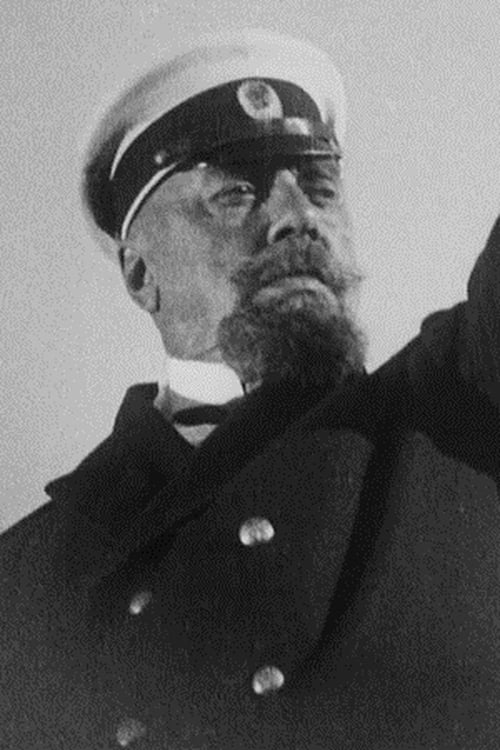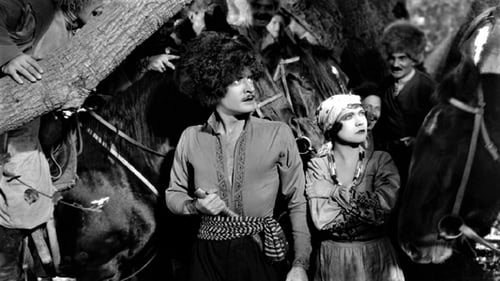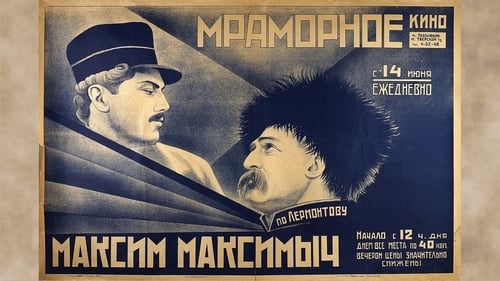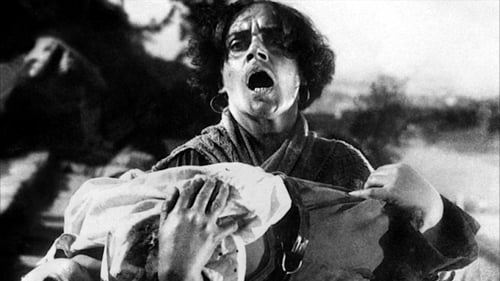Vladimir Barsky
Nascimento : 1866-03-15, Russian Empire
Morte : 1936-01-24
História
Vladimir Grigorievich Barsky (1866 - January 24, 1936) - Russian Soviet director, screenwriter and actor; author of articles on theater issues.
He took part in the development of Turkmen and Uzbek cinematography. He graduated from the Moscow Real School (1885) and the Imperial Moscow Technical School.
From 1892 - director and actor of a number of theaters, in 1899–1917 he worked as a director and actor of the drama theater in Ivanovo-Voznesensk, in 1917–1921 - at the National House in Tiflis.
In 1921-1928, he was the director of the Goskinprom of Georgia, since 1928 - film studios: Sovkino, Mezhrabpomfilm, Uzbekkino, Turkmenfilm.
Together with the screenwriter G. Arunstanov worked on a series of films under the general title “Iron penal servitude”, which were supposed to show the revolutionary past of Georgia. Only two films were created: “Nightmares of the Past” (1925), describing the events of 1905, and “At the cost of thousands” (1925), about the events of 1916-17.
He died on January 24, 1936. He was buried in the Don Cemetery in Moscow.
From Wikipedia (ru), the free encyclopedia







